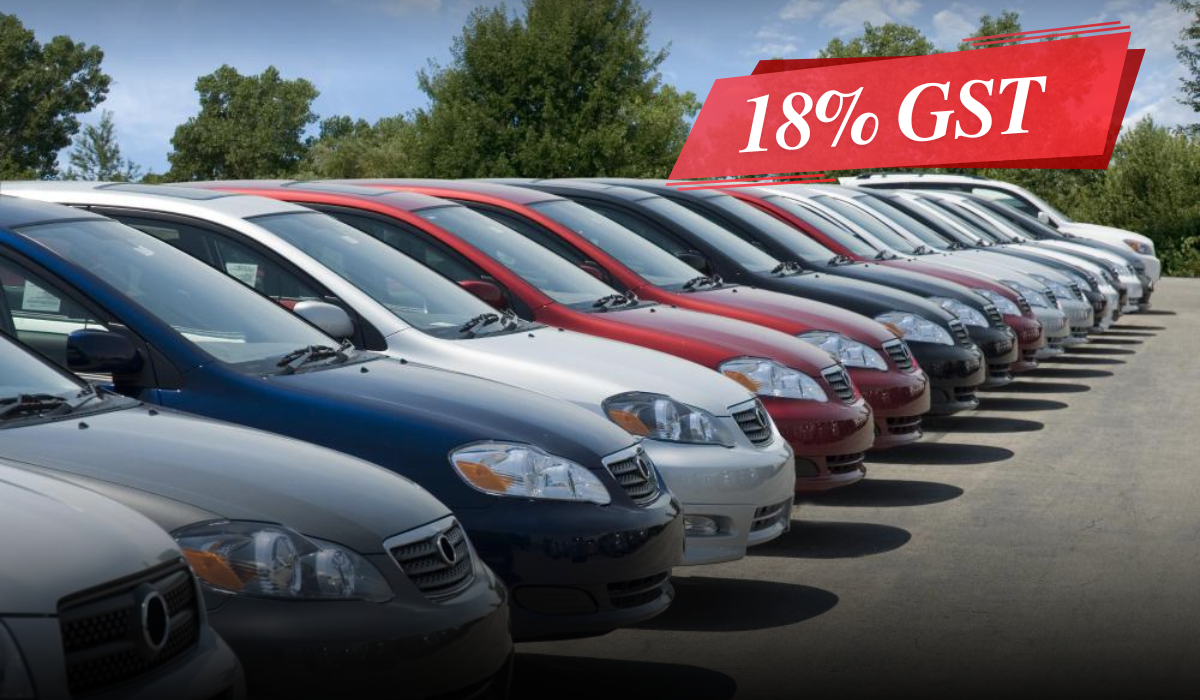The pre-owned car market in India is bracing for a significant shift following the GST Council’s decision to increase the tax rate on used car sales by businesses from 12% to 18%. This decision, aimed at ensuring tax uniformity, is expected to have wide-ranging implications on businesses, consumers, and the growing electric vehicle (EV) segment.
Understanding the New GST Policy
The revised GST rate applies to the margin between the purchase price and resale price of pre-owned cars sold by businesses. For instance, if a dealer buys a car for ₹8 lakh and sells it for ₹10 lakh, the 18% GST applies only to the ₹2 lakh margin. While the structure might seem straightforward, the higher tax rate is poised to increase the cost of operations for used car dealerships.
Private transactions, where individuals sell used cars to other individuals, remain unaffected by the GST increase. This exemption ensures that individual sellers and buyers continue to enjoy a tax-free transaction experience.
Impact on Businesses
The higher GST rate is expected to increase the financial burden on used car dealerships. Dealers will likely pass on these additional costs to consumers, making pre-owned cars less affordable. Industry experts warn that this could dampen demand in the market, which has been a popular choice for budget-conscious buyers and first-time car owners.
Smaller dealers, in particular, may struggle to remain competitive, as they operate on thin margins. The increased tax could also force businesses to re-evaluate their pricing strategies, potentially leading to a slowdown in the used car market’s growth.
Electric Vehicles Face a Setback
The decision to extend the 18% GST rate to used electric vehicles (EVs) has raised eyebrows. While new EVs are taxed at a lower rate of 5% to promote adoption, the higher tax on pre-owned EVs could deter potential buyers. This move may inadvertently slow the growth of the second-hand EV segment, which has been gaining traction as consumers explore eco-friendly options.
Experts believe that this policy could hinder the affordability of pre-owned EVs, which already have a niche audience compared to traditional fuel-based vehicles.
Effect on Consumers
For buyers, the GST hike translates to higher prices for pre-owned cars and EVs sold through dealerships. This increase comes at a time when the demand for used vehicles has been on the rise due to rising costs of new cars and extended delivery timelines caused by supply chain disruptions. The hike could push consumers to explore alternative options, such as peer-to-peer sales or leasing.
However, private sales, which remain exempt from GST, may see a surge as consumers look for tax-free alternatives. This shift could disrupt the organized used car market and affect businesses that rely heavily on sales through authorized channels.
Broader Market Implications
The GST hike is likely to have far-reaching effects on the pre-owned car market:
- Shift in Demand: Buyers may prefer private sales over dealership transactions to avoid the additional tax burden.
- Potential Slowdown: The increased cost of used cars might reduce market activity, affecting overall growth.
- Pressure on Dealers: Smaller dealerships might face operational challenges, leading to consolidation in the sector.
Also Read: Himachal Pradesh Faces Traffic Disruptions Amid Heavy Snowfall
Conclusion
The 18% GST on used car sales by businesses marks a pivotal moment for India’s pre-owned car market. While the move aims to bring uniformity in taxation, it introduces new challenges for dealers, consumers, and the evolving second-hand EV segment. Businesses may need to innovate and adapt to maintain profitability, while consumers may have to rethink their buying strategies in the face of rising costs.
The full impact of this policy will unfold in the coming months, shaping the future of the pre-owned car industry in India.








